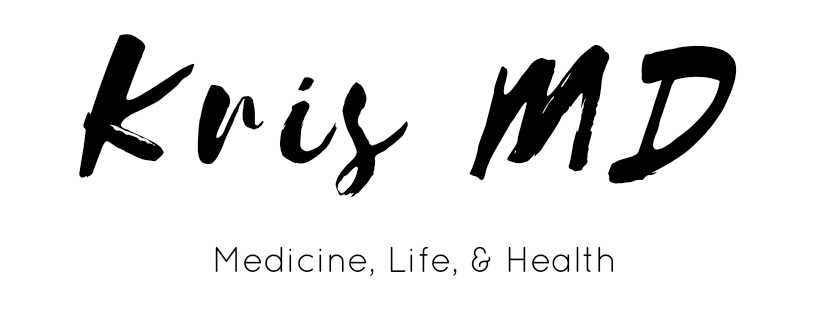Well you know that the smackdown is coming if I post a reply:
I find it more than a little irritating that anesthesiologists seem to complain about respect issues, lifestyle, pay, nurses, etc. and just stew over it.
I have been in practice six years, do every kind of case known to man, 100% solo/no supervision, work hard but play hard, and only twice can I recall being disrespected/questioned in that time.
Both times, by nurses, a quick, educational, and authoritative response quelled any further insubordination. Surgeons, nurses, and administrators know that when I say something, request something, order something, do something, it has a legitimate purpose and MUST be done. It is a confidence they have in my judgement and more importantly, my compassion.
Conversely, I am told regularly about how some anesthesiologists have little to no ability to make a firm decision, bounce back and forth between totally opposite treatments/decisions, speak/act like scared mice, rush out of the PACU or ICU to make a haircut appointment, talk about anything EXCEPT medicine or THEIR patient, etc.
With that backdrop, it becomes increasingly difficult to keep the lines distinguished.
These are YOUR patients, not just the surgeon’s. Take ownership of your patients, your situation, your facility, and be heard. Too many expect that M.D. or D.O. acronyms on their badges will instantly afford respect or authority. With Hollywood medical vomitus on TV and in the movies creating an overgeneralized image of the lazy, incompetent, vain, self-centered, dangerous physician, the deck is stacked against you.
Don’t jump up and down on the down side of an overloaded ship, throw the baggage overboard.
Get involved in every phase of every case you do. The more you do that, the faster and easier it becomes and the more indispensible you become. “Dr. CT surgeon, I spoke with your AVR, redo CABG patient last night and he has worsening cervical stenosis with OPLL diagnosed over a year ago. I am recommending full neuromonitoring for this case and will consult with his neurosurgeon on post-op followup and care.” In the ICU give a full report and direct the care. “This patient requires Q 4h neurochecks including full upper and lower extremity range of motion and strength exams.” Do the first one yourself.
When you walk into an OR, or PACU, or preop holding area, or ICU, your presence should be anxiolytic, not anxiogenic. You can see and hear the difference when different anesthesiologists walk in. We need to make a concerted effort across the specialty to change the attitude of and towards the specialty.
It starts with the medical students. I cannot tell you how many PM’s and e-mails I still get from this forum from med students with subpar grades and docile personalities, looking for the high pay, easy lifestyle, no stress field. I no longer respond to those students, because this field does not need foot soldiers. It needs leaders and visionaries to push the boundaries of the field and take ownership of our future. It doesn’t need fearmongers, supporting cast members, or the spineless.
Work in a hostile environment? Defuse it. Find out what the issues are and tackle them head on. Do it with zeal, a positive, helpful attitude, but most of all with authority. As I have said multiple times in the past, you have to get involved from the top down to understand and develop all facets of your practice and your facilities. That means spending some off time in administration and rooting out problems before they start to fester. I spend a large portion of my free time in administrative meetings both teaching and learning from administrators about issues they may not even have considered.
Cost considerations are always a concern. This group will do it cheaper, this group uses CRNA’s, this group will come out to location X, etc. I have been asked to change my practice by facilities before and each time, I have clearly delineated the pros and cons and emphasized the depth and experience of my group to administrators. I am more than willing to take those assets and develop your competitor. That happened again and two months ago, I was reapproached by the facility I left to come back and resume our practice there. I declined. When they sweetened the deal, I accepted with stipulations.
In the future, we need to develop physician specific, core business concepts that will provide reproducible, sustainable models in all situations. The “cheaper is not better” approach combined with sustainable revenues and proven outcomes starts with the ASA and legislative efforts. It is a comprehensive model that can be used to not only sustain our presence but also redefine our roles as providers, leaders, and business developers.





















